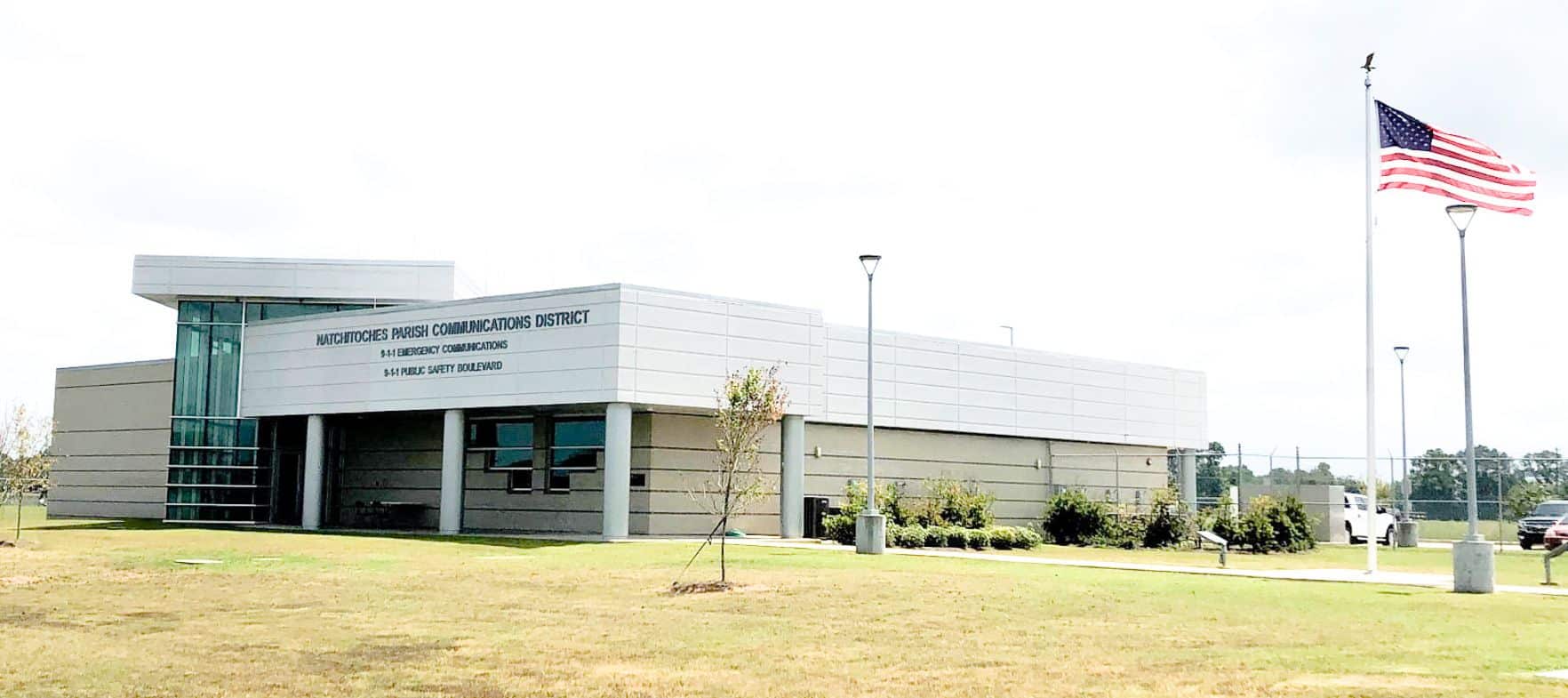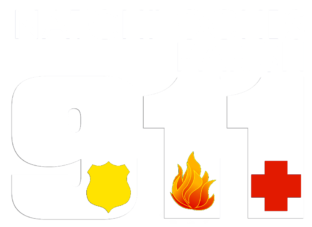Natchitoches Parish Communications District
Tours & Presentations

For more information or to schedule a tour or presentation, please contact Executive Director Kim Tolliver at (318) 357-8300.
911 should be used only when the caller feels like there is an immediate threat to life or serious property damage. This could be police, fire or medical. Whether or not there is danger to someone’s life, health, property or the situation would reasonably lead someone to believe that danger is present or about to be present should be the guide to placing a 911 call.
Calling 9-1-1
What To Expect
Communications Officers are trained to gather as much information as possible within a reasonable time span. Typically questions asked consist of Who, What, Where, When, and Why. The best thing a caller can do in any situation is to remain calm and let the Communications Officer ask the questions. This protocol helps them determine which Public Safety entity to respond and how many should respond. This is to protect the Public and the Public Safety responder. The amount of time to gather this information will vary, but in most incidents a Public Safety unit will be dispatched as soon as the incident type and location are identified. If you are in danger, you may be instructed to leave the building, secure yourself in a room, or take other protective actions. In any situation, the most important piece of information that can be relayed to a Communications Officer is where the incident is occurring.

FAQ
What questions will the 911 operator ask?
- What is your current location?
- When did the incident occur?
- What is happening?
- Are there any injuries?
- Are weapons involved?
- What is your name and phone number?
- Can you describe any vehicles or people involved?
- Would you like to meet with the officer responding?
How long will it take for emergency response personnel to respond?
Emergency response personnel always try to respond as quickly as possible; however, there are several factors that determine the response time. For instance, the number of incidents and the priority of calls can affect emergency personnel response to your incident. Due to these and a variety of other dynamic circumstances, we are unable to precisely calculate an estimated time of arrival (ETA).
Why were emergency response personnel diverted while responding to my call?
Emergency response personnel are sometimes diverted from low-priority calls to respond to a higher priority emergency. The procedure ensures the safety of our citizens and other first responders but may increase the response time for lower priority calls.
How are 911 calls prioritized?
Call volume in the NATCOM 911 Communications Center fluctuates through the day. At any time, we can receive numerous high-priority calls or a single call requiring a multi-personnel response. Emergency calls always take priority and are dispatched first. Priority rankings are established by the Natchitoches Public Safety Agency.
What happens if I accidentally dial 911?
If you mistakenly dial 911, please do not hang up before the Communications Officer answers the phone. When we receive a hang up call, we will call you back to determine if there is a problem and attempt to send emergency response personnel to investigate. By staying on the line to confirm it was accidental, resources are not inadvertently taken away from actual emergencies.
How are calls processed?
When you call for either emergency or non-emergency assistance, your incident is entered into our Computer Aided Dispatch (CAD) software for tracking purposes. We verify your address, obtain your contact information, create a short summary of what is happening, determine the nature of the incident, and assign a priority ranking to the call. These priority rankings are established by the Natchitoches Public Safety Agency.

